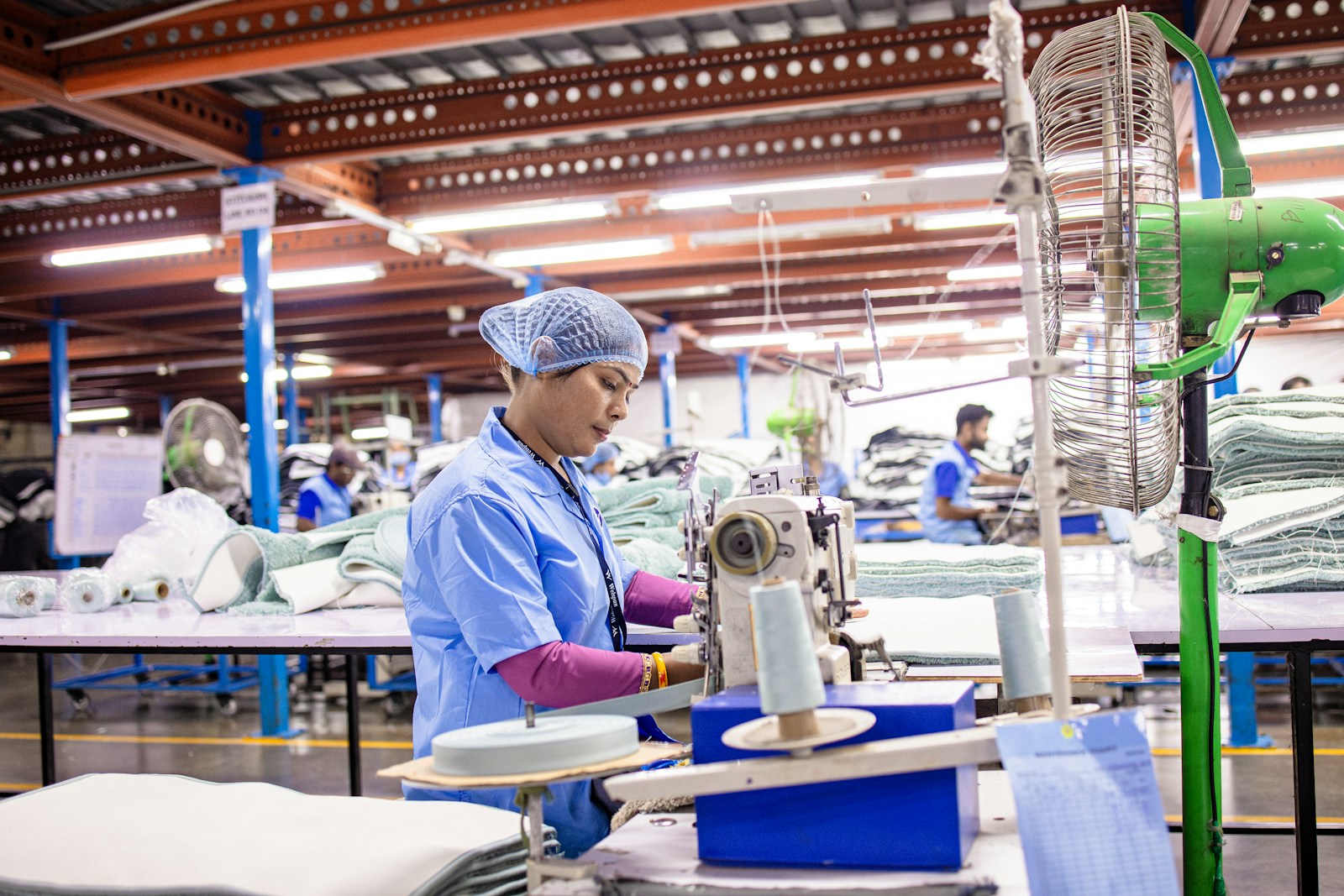Limited Impact on Employment
Data suggests that manufacturing employment growth has been modest at best since the tariffs were implemented. While some specific sectors protected by tariffs have seen small gains, these have been offset by job losses in industries hurt by retaliatory tariffs and increased costs for raw materials. Economic analysts cite several factors to explain the underwhelming results. First, many manufacturers have absorbed the increased costs rather than reshoring production. Second, automation continues to reduce the need for human workers even when production returns to American soil. “The idea that tariffs alone could reverse decades of manufacturing job losses was always optimistic,” said one industry expert familiar with the situation. “Global supply chains are complex, and companies don’t make location decisions based solely on tariffs.”Economic Consequences
The tariff strategy has produced several unintended consequences:- Higher costs for American consumers on many everyday products
- Retaliatory tariffs from trading partners that hurt U.S. exporters
- Supply chain disruptions as companies scramble to adjust
- Uncertainty that has delayed business investment decisions
Regional Disparities
The impact of Trump’s trade policy has varied significantly across regions. Some communities with specific industries protected by targeted tariffs have seen modest job growth. However, many traditional manufacturing regions continue to struggle despite the trade measures. The Midwest, a region Trump specifically promised to revitalize through his trade policies, has seen mixed results. While some steel and aluminum producers initially added jobs, many manufacturing-dependent communities have not experienced the promised revival.“We’re still waiting for the big return of jobs that was promised. Some companies have added positions, but others have cut back because of higher material costs or lost exports,” said a manufacturing worker from Ohio.Economic research indicates that the net effect of the tariffs on manufacturing employment has been minimal. For every job created in industries protected by tariffs, roughly the same number has been lost in industries harmed by higher input costs or retaliatory measures. As the administration continues to defend its trade strategy, economists suggest that more comprehensive policies would be necessary to significantly boost American manufacturing employment. These might include workforce training, infrastructure investment, research and development support, and targeted industrial policy rather than broad tariffs alone. The slow progress in manufacturing job creation underscores the challenges of relying on trade policy as the primary tool to address complex economic trends that have evolved over decades of globalization and technological change.







